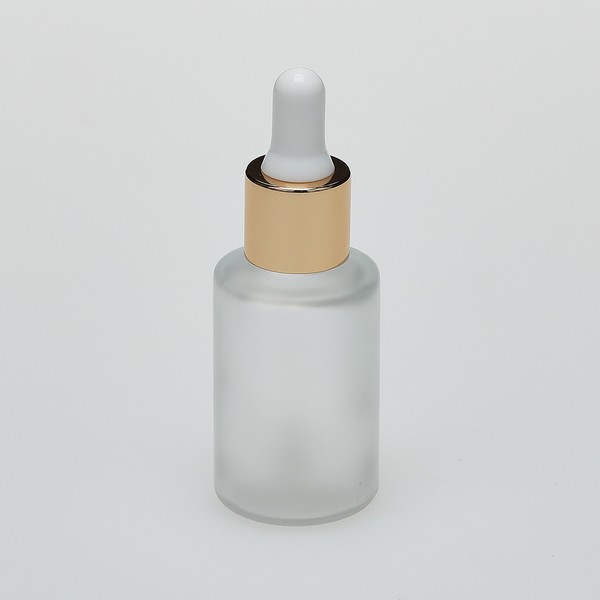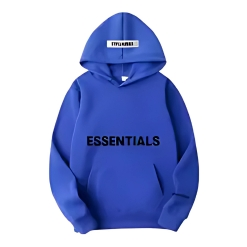Vitamin C serums are a must-have in almost every skincare routine today. Known for their brightening power, anti-aging benefits, and antioxidant protection, they’ve become the holy grail for anyone chasing glowing, youthful skin. But here’s the big question: should you splurge on a high-end vitamin C serum, or can a drugstore option give you the same results? Let’s dive deep and settle this skincare debate.
Why Vitamin C Serums Are So Popular
Before comparing price tags, it’s important to understand what makes vitamin C serums so sought after:
- Brightens skin by reducing dullness and evening out skin tone.
- Fades dark spots and hyperpigmentation over time.
- Boosts collagen production, helping reduce fine lines and wrinkles.
- Protects against free radicals, preventing premature aging from sun damage and pollution.
So whether you choose a luxury serum or an affordable one, the benefits come from the star ingredient itself—vitamin C.
High-End Vitamin C Serums: What Sets Them Apart?
Luxury brands often justify their prices with claims of superior technology, packaging, and formulation. Here’s what you typically get:
- Stability and Potency – High-end serums often use stabilized forms of vitamin C (like L-ascorbic acid in airtight, dark bottles) to ensure effectiveness.
- Advanced Formulations – Many include extra antioxidants such as ferulic acid or vitamin E to boost results and extend shelf life.
- Luxury Experience – Think silky textures, lightweight finishes, and elegant packaging that feels indulgent.
- Proven Results – Brands often invest in clinical testing to back up their claims, giving you confidence in what you’re buying.
However, the downside? Prices can range anywhere from $50 to over $150 for just 30ml.
Drugstore Vitamin C Serums: Are They Worth It?
Don’t underestimate drugstore serums—they’ve come a long way. Here’s what they bring to the table:
- Affordability – Most cost between $10–$30, making them accessible to almost everyone.
- Simplicity – Many stick to the basics: a solid concentration of vitamin C and minimal extras.
- Availability – Easy to find in supermarkets, pharmacies, and online stores.
- Surprising Effectiveness – With proper packaging (dark bottles, pumps), drugstore formulas can deliver results comparable to high-end ones.
The main concern is stability—cheaper packaging or weaker formulations can cause the serum to oxidize (turning brown or losing effectiveness).
Side-by-Side Comparison
| Feature | High-End Serums 💎 | Drugstore Serums 🛒 |
|---|---|---|
| Price | $$$$ (Luxury) | $ (Budget-friendly) |
| Stability | Usually strong | Can vary |
| Extra Ingredients | Often included | Limited |
| Packaging | Premium, airtight | Sometimes basic |
| Effectiveness | Consistent | Can be hit or miss |
So, Which One Is Better?
The truth is—neither is automatically better. It depends on your skin’s needs and your budget.
- If you’re new to vitamin C, a drugstore serum is a smart choice. It lets you test how your skin reacts without spending a fortune.
- If you want proven stability, advanced formulations, and faster visible results, a high-end serum might be worth the investment.
- Most importantly, consistency matters more than the price tag. A $20 serum you use daily will give you better results than a $150 serum sitting untouched on your shelf.
Final Thoughts
At the end of the day, glowing skin isn’t about how much you spend—it’s about finding the right product for your skin type and lifestyle. Both high-end and drugstore vitamin C serums can work wonders if they’re well-formulated and used consistently.
So, the best serum? The one you’ll actually use every morning without fail.
FAQs
Q1: What’s the best concentration of vitamin C in a serum?
A concentration between 10–20% works well for most skin types. Lower percentages are great for beginners.
Q2: Can drugstore vitamin C serums really work?
Yes! As long as they are well-formulated and stored properly, they can deliver impressive results.
Q3: How do I know if my vitamin C serum has gone bad?
If it turns dark orange or brown, smells strange, or irritates your skin, it’s likely oxidized.
Q4: Should vitamin C be used in the morning or at night?
Morning is best—it helps protect your skin from free radicals during the day.
Q5: Can I layer vitamin C with other skincare ingredients?
Yes! Vitamin C pairs well with hyaluronic acid, niacinamide, and sunscreen. Avoid combining it with strong exfoliating acids unless recommended.



